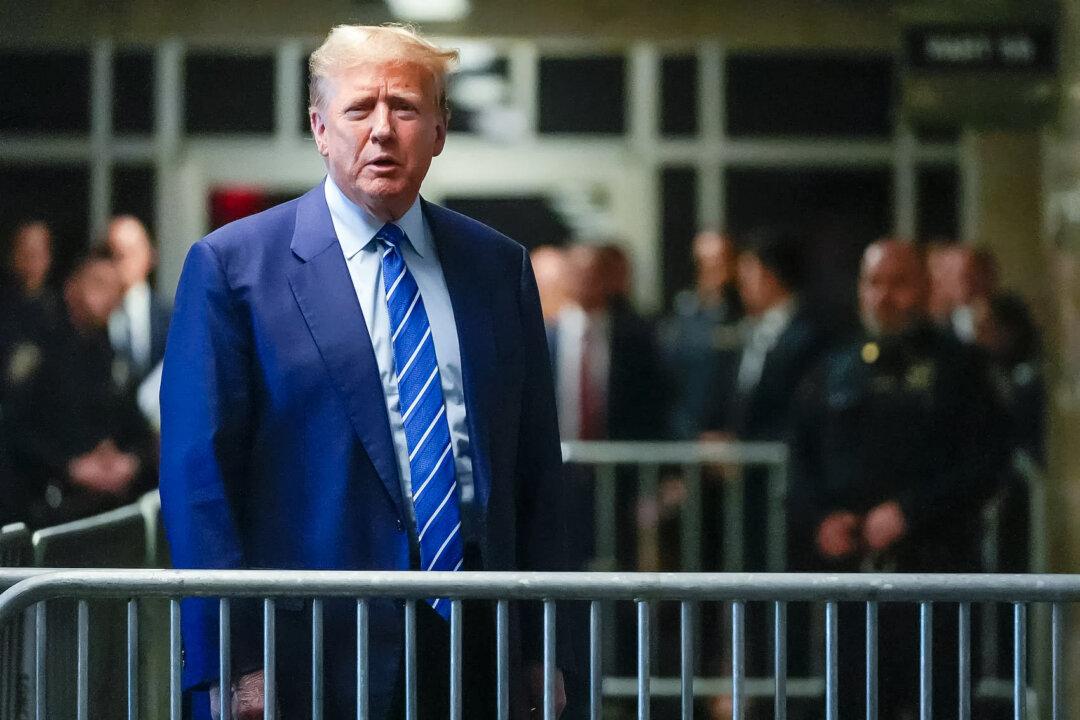The jury selection that got underway on Monday and Tuesday and will pick up again on Thursday in the criminal trial of Donald J. Trump brought to light deep bias against the former president and current GOP front-runner, as one prospective juror after another claimed to be able to weigh the evidence neutrally while professing disagreement with or dislike of the defendant.
Government prosecutors seeking to convict President Trump on charges of having falsified business records to cover up a “hush money” payment in 2017 may be counting on the political complexion of Manhattan, where Joe Biden won 84.5 percent of the vote in the 2020 race, to help them secure a guilty verdict in a case mostly devoid of legal merit, a political consultant has told The Epoch Times.





